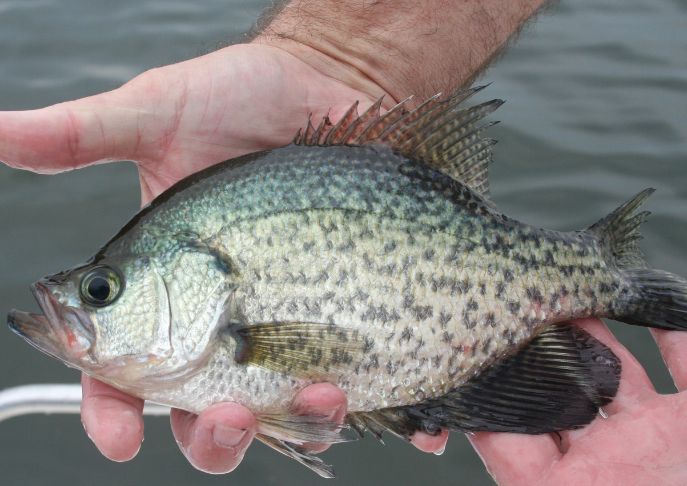The Five Civilized Tribes of Oklahoma have announced a landmark wildlife management reciprocity agreement, allowing their citizens to hunt and fish across participating tribes' treaty territories.
This historic pact, known as the Five Tribe Wildlife Management Reciprocity Agreement, marks a significant step in tribal cooperation and sovereignty.
Announced during the Inter-Tribal Council of the Five Civilized Tribes' July quarterly meeting, the agreement includes the Cherokee Nation, Chickasaw Nation, Choctaw Nation of Oklahoma, Muscogee Nation, and soon the Seminole Nation. Under this accord, tribal citizens can use licenses issued by their own tribe to hunt or fish on each other's reservation lands.
Cherokee Nation Principal Chief Chuck Hoskin Jr. hailed the agreement as a demonstration of collective tribal sovereignty. "This new Five Tribes agreement makes hunting and fishing in eastern Oklahoma more sustainable and more diverse for all our citizens," Hoskin stated. He emphasized that hunting and fishing are inherent treaty rights vital to food security for generations of Cherokees.
The agreement builds on the success of tribal hunting and fishing licenses made available to members in October 2022. It allows the five tribes to collaborate on wildlife management within their reservations, enhancing their ability to manage natural resources sustainably.
While the agreement primarily benefits tribal citizens, all Oklahoma residents with valid state-issued hunting and fishing licenses remain eligible to hunt and fish within these tribal treaty territories, in accordance with applicable laws. State game wardens cross-deputized with the respective tribes can enforce laws on these reservations.
This collaborative effort aligns with the growing trend of recognizing tribal sovereignty in natural resource management. It reflects a broader movement towards responsible and sustainable fishing practices that respect both cultural heritage and environmental conservation.
For anglers interested in exploring these rich fishing grounds, this agreement opens up new opportunities. However, it's crucial to remember the importance of proper fishing etiquette and respect for tribal lands and regulations. Visitors should familiarize themselves with the specific rules of each reservation they plan to fish in.
MOST READ NEWS:
Fishing Trip Turns Tragic: Two Indiana Men Drown, Granddaughter Survives
A family fishing outing on an Illinois lake ended in tragedy Sunday when a boat capsized, claiming the lives of two Indiana men and leaving their young granddaughter as the sole survivor.
Texas Hunting and Fishing Licenses Now on Sale for 2024-2025 Season
Hunters and anglers in Texas can now purchase their licenses for the upcoming 2024-2025 season. The Texas Parks and Wildlife Department (TPWD) announced that new hunting and fishing licenses went on sale Thursday, with current licenses set to expire at the end of August.
Striped Bass Die-Off Expected in South Carolina's Lake Murray
Boaters and anglers on South Carolina's Lake Murray should brace for an unsettling sight in the coming weeks: dead and dying striped bass. The South Carolina Department of Natural Resources (DNR) has issued a warning about an impending fish die-off caused by a natural phenomenon known as the "temperature-oxygen squeeze."
New Crappie Fishing Regulations Take Effect in North Mississippi Lakes
Anglers casting their lines in North Mississippi's popular fishing lakes will need to adjust to new regulations aimed at protecting crappie populations. The Mississippi Department of Wildlife, Fish and Parks (MDWFP) has implemented stricter catch limits in response to increased fishing pressure and technological advancements.
Texas Hunting and Fishing Licenses Set for August 15 Release
Texas outdoor enthusiasts should mark their calendars for August 15, when new hunting and fishing licenses for the 2024-25 season go on sale. The Texas Parks and Wildlife Department reminds hunters and anglers to review their options and ensure they're properly licensed before the September 1 start date.


